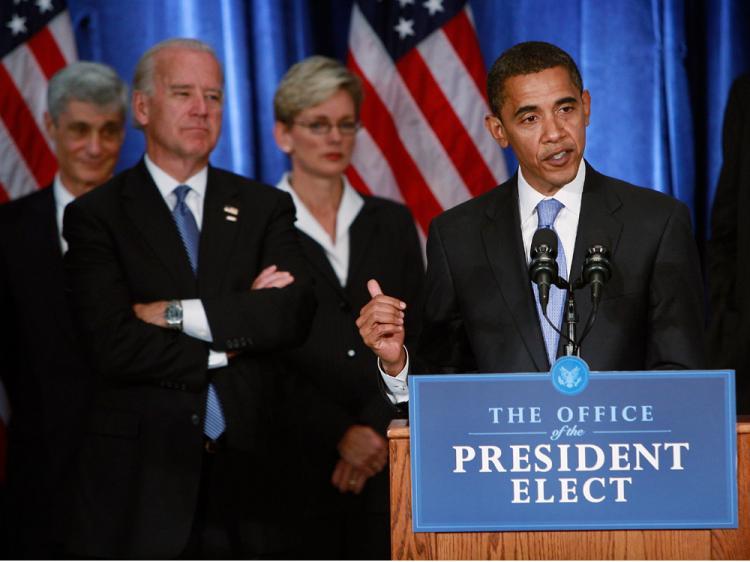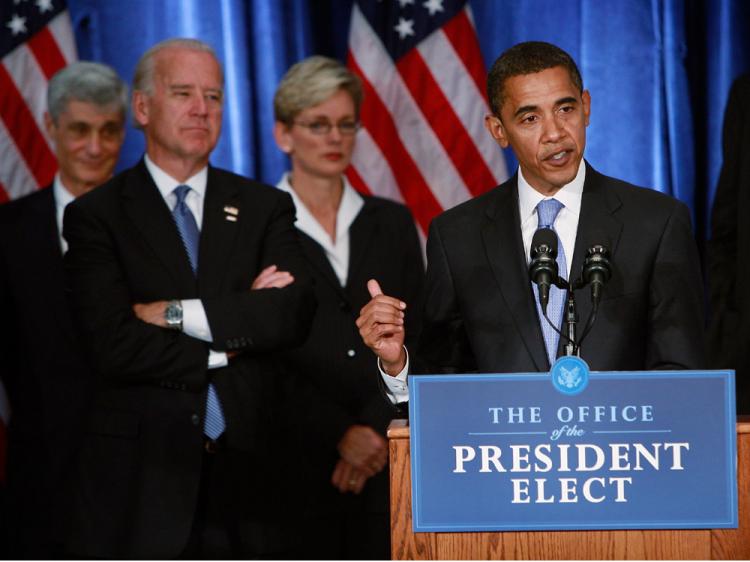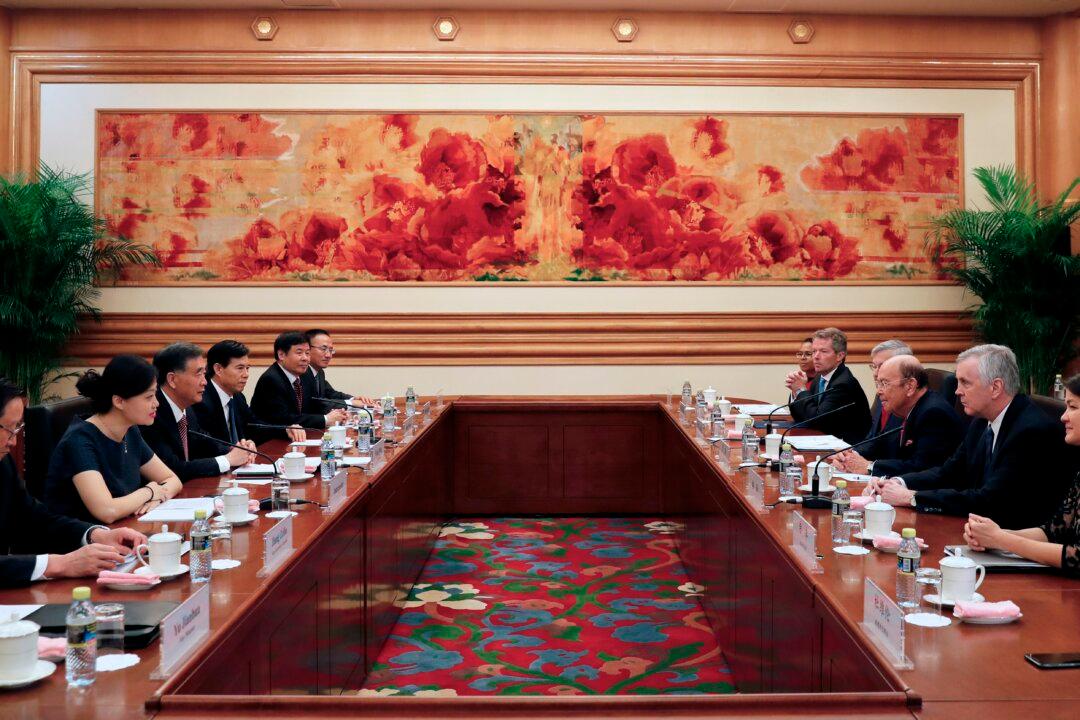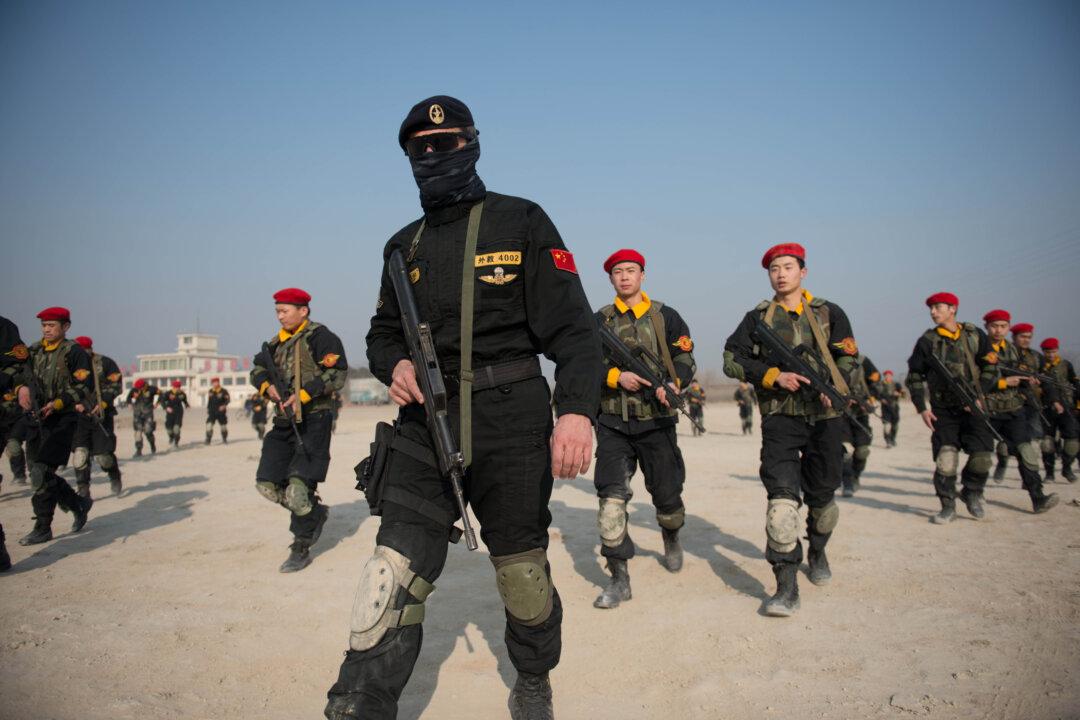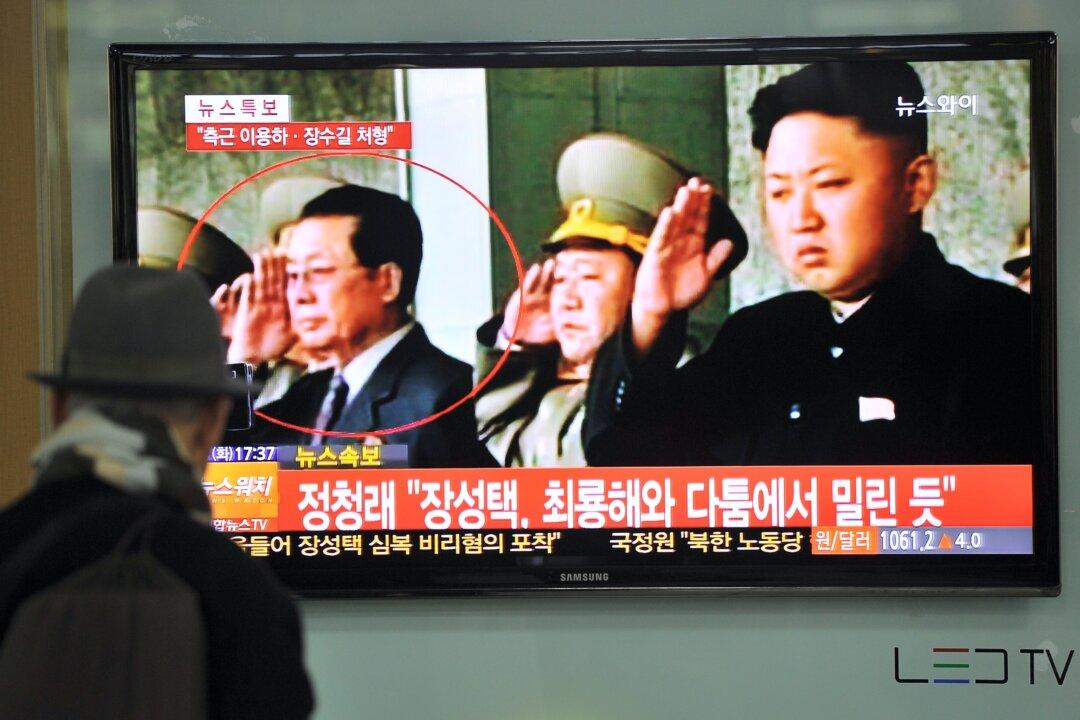The U.S. presidential election is only more than a week behind us, and Democratic nominee Barack Obama was elected to be the 44th President. The Democratic Party also won the majority of seats in Congress, giving Obama much more power to effectively handle all kinds of problems in the next few years, restore the economy, and stand up for the United States as a political leader in the international community. This is what voters are hoping for.
Exercising their freedom and right to vote, the people have given this opportunity and responsibility to Obama. This has shown the power the people have under a true democratic system.
Prior to his senatorial seat, Obama was largely unknown. Not having much experience, nor any ground-breaking achievements, he has come a long way in a short amount of time. General comments indicate that the majority of people tended to favor him over his opponents, because they were unsatisfied with the previous administration, and hoped to see changes in the country. Obama, being well aware of the common public sentiment, has used the slogan of change in all of the battles with his opponents.
His two major opponents had some obvious advantages over him. One was N.Y. Senator Hillary Rodham Clinton, a first-lady for eight years, and another nearly-eight as U.S. senator. John McCain is a Vietnam veteran, war hero, senator of Arizona, and has had more than thirty years experience in U.S. politics. Compared to Obama, the political, diplomatic, and bureaucratic experience of his opponents are far superior. In a country like China, someone like Obama with almost no experience would have very little chance of going anywhere in national level politics.
However, a major benefit of the democratic system is that the people have the right to choose. Even biased media outlets have very little upon which to construct an argument after the people have made their decision.
For the couple of months prior to the election the United States has been in the midst of an economic crisis. This played heavily to Obama’s advantage, because when there is a crisis, people want it to change or get better. Hence, they are more likely to vote for the candidate that is putting the most emphasis on change. When people are living the good life they tend to vote more conservatively, and are less apt to desire change. In a situation of no crisis, racial and gender issues would be in greater focus. During such a time, it would be possible for Americans to choose a person of color, or a woman, to be senator, but for President, much more difficult.
When Obama was in the spotlight during his campaign, he told the people he would do a lot things that would lead to positive outcomes for the American people. However, there were also some things that were not publicized widely. For example, his pre-election campaign’s foreign policy was described as unduly pro-China by some media outlets. This is because he has some Chinese relatives, he has received a large amount of campaign contributions from a number of pro-China groups, and even some of his aides were pro-Communist China. They even arranged some fund raising activities for him in China, and the Chinese Communist Party (CCP) even sent out delegates to aide in his campaign.
But such personal choices and likes and dislikes must give way to the tendencies of the general public. For example, when a certain number of unemployed workers believe they are unemployed because their jobs were exported to China, or more people feel their jobs are threatened because of this—these are important factors. It became clear that Obama’s pro-China policy was very out-dated, and Obama and his campaign team quickly and quietly replaced certain assistants, and changed their policy. Their main policy now is focused on safeguarding workers’ benefits, promoting employment opportunities, and protecting the U.S. market. This has made the latter part of the campaign season run more and more smoothly for him, eventually leading to his victory.
It has become the general consensus in America that most politicians will say whatever they have to say to get elected or re-elected, and more often than not do not fulfill their campaign promises.
The Obama administration may prove to be different. If he doesn’t follow through with what he has been campaigning on, he will undermine his own ruling position. He must place the people of America first and foremost. This is his democratic obligation. It is just like if you ask someone to choose between his career and his family or friends. One has to focus on those at home, first. In this case, America is the home, and the people are the family. This is what makes a democratic system unique.
Opinion
Wei Jingshen on the 2008 US Election
Renowned Chinese democracy activist Wei Jingshen shares his thoughts on the recent US Presidential election.
|Updated:
